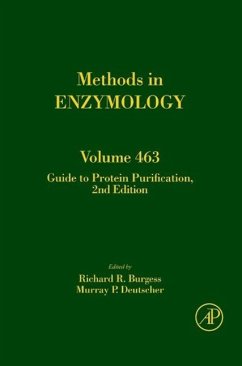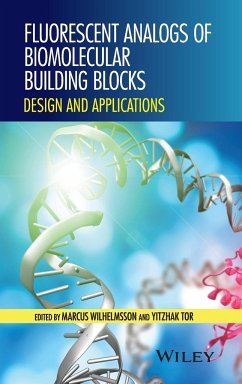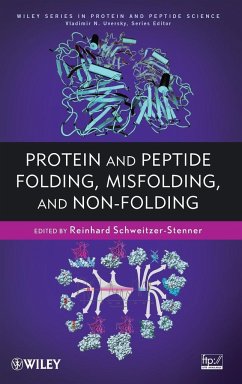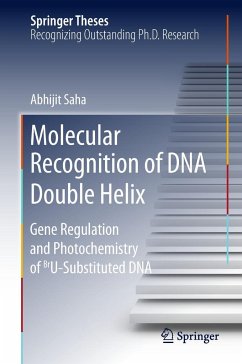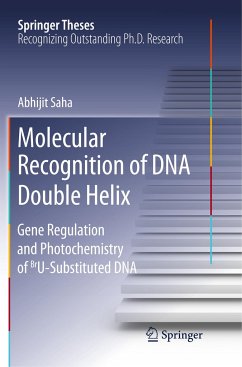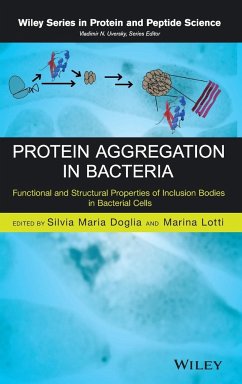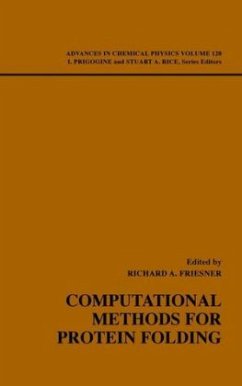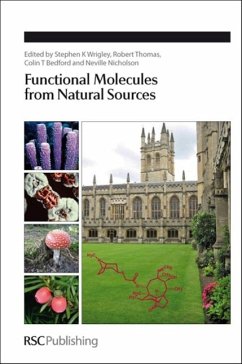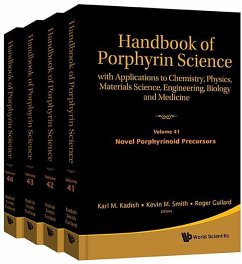
Protein Folding, Misfolding and Aggregation
Classical Themes and Novel Approaches
Herausgeber: Muñoz, Victor
Versandkostenfrei!
Versandfertig in über 4 Wochen
166,99 €
inkl. MwSt.

PAYBACK Punkte
83 °P sammeln!
Protein folding is the process by which newly synthesized proteins fold into the specific three-dimensional structures defining their biologically active states while avoiding aggregation into pathogenic assemblies. It has always been a major focus of research in biochemistry and has often been seen as the unsolved second part of the genetic code. In the last 10 years we have witnessed a quantum leap in the research in this exciting area. Computational methods have improved to the extent of making it possible to simulate the complete folding process of small proteins and the early stages of pr...
Protein folding is the process by which newly synthesized proteins fold into the specific three-dimensional structures defining their biologically active states while avoiding aggregation into pathogenic assemblies. It has always been a major focus of research in biochemistry and has often been seen as the unsolved second part of the genetic code. In the last 10 years we have witnessed a quantum leap in the research in this exciting area. Computational methods have improved to the extent of making it possible to simulate the complete folding process of small proteins and the early stages of protein aggregation. Experimental methods have evolved to permit resolution of fast processes of folding reactions and visualisation of single molecules during folding. As a result, the study of protein folding and aggregation has acquired a high level of technical and conceptual sophistication, in which theory, computer simulations and experiments are starting to be combined in a global approach. Protein Folding, Misfolding and Aggregation: Classical Themes and Novel Approaches includes chapters in the areas that have witnessed major developments and are written by top experts in the field. The book is unique in its scope and in its coverage of all the new developments in this area by filling a much needed gap in the current literature. Readers will obtain a unique perspective of the problems faced in the biophysical study of protein conformational behaviour in aqueous solution and how these problems are being solved with a multidisciplinary approach that combines theory, experiment, and computer simulations. RSC The book is essential reading for graduate and postdoctoral students actively involved in protein folding research, other scientists interested in the recent progress of the field, and instructors revamping the protein folding section of their biochemistry and biophysics courses.





